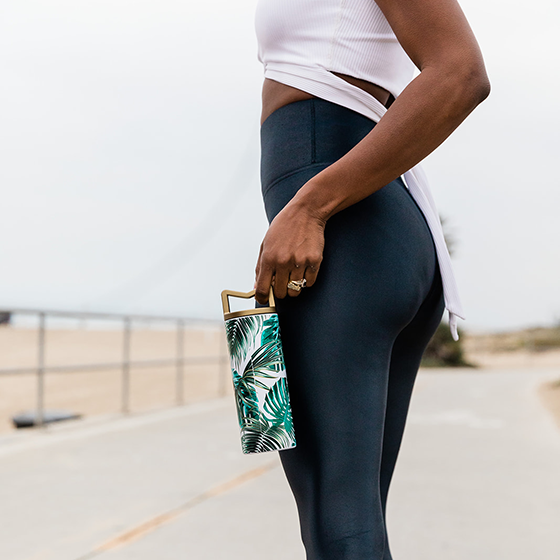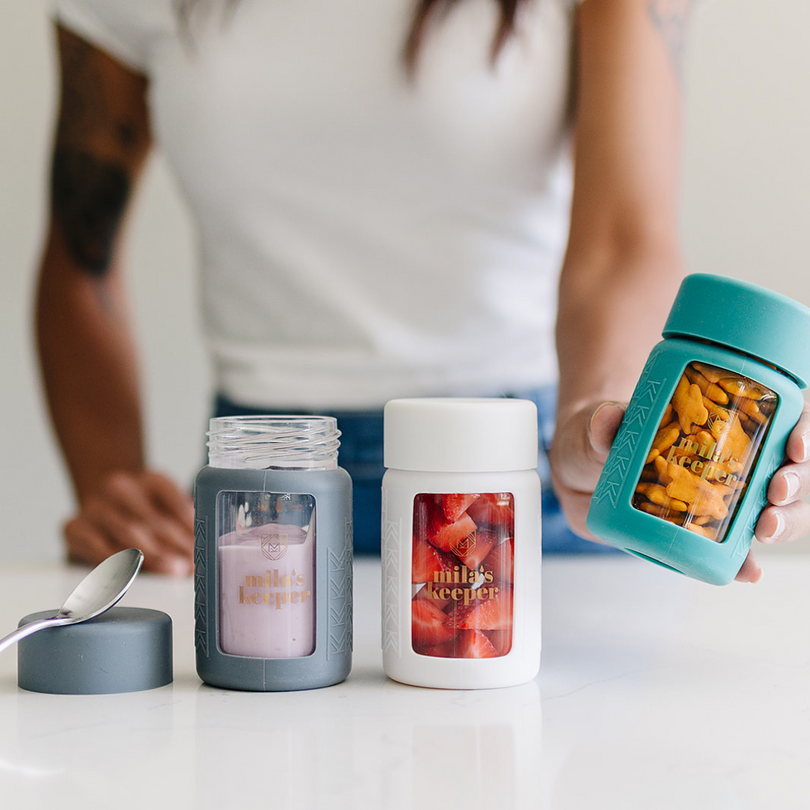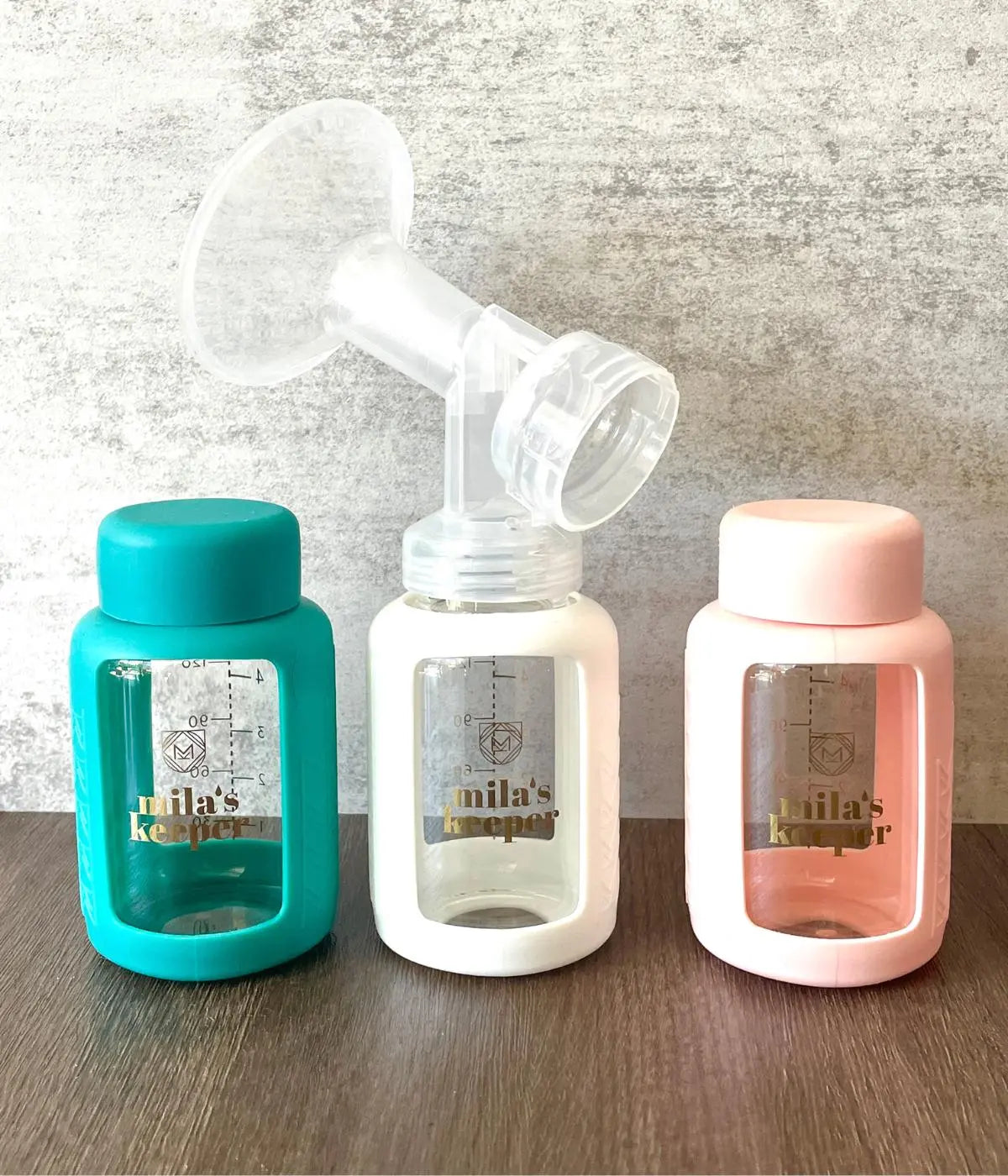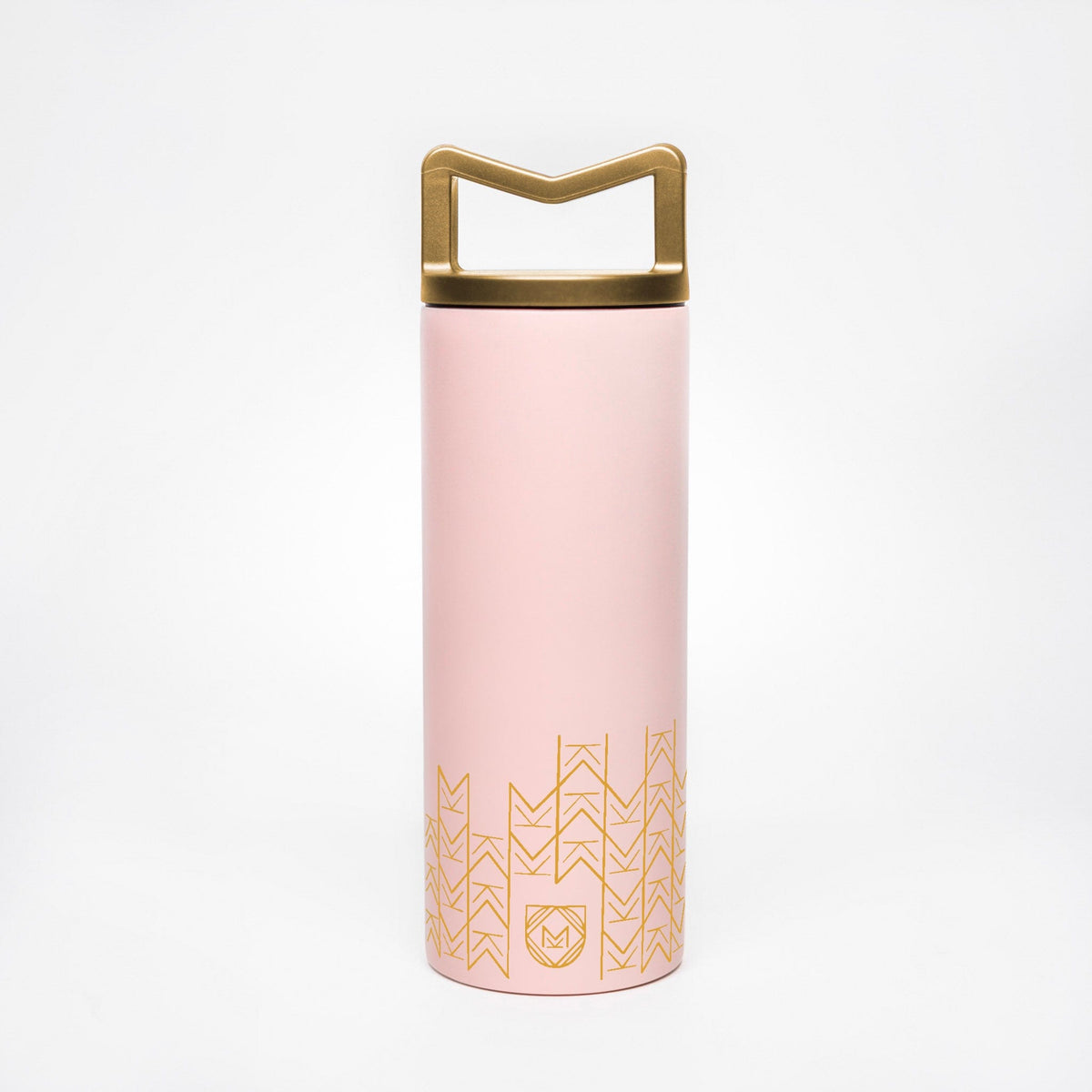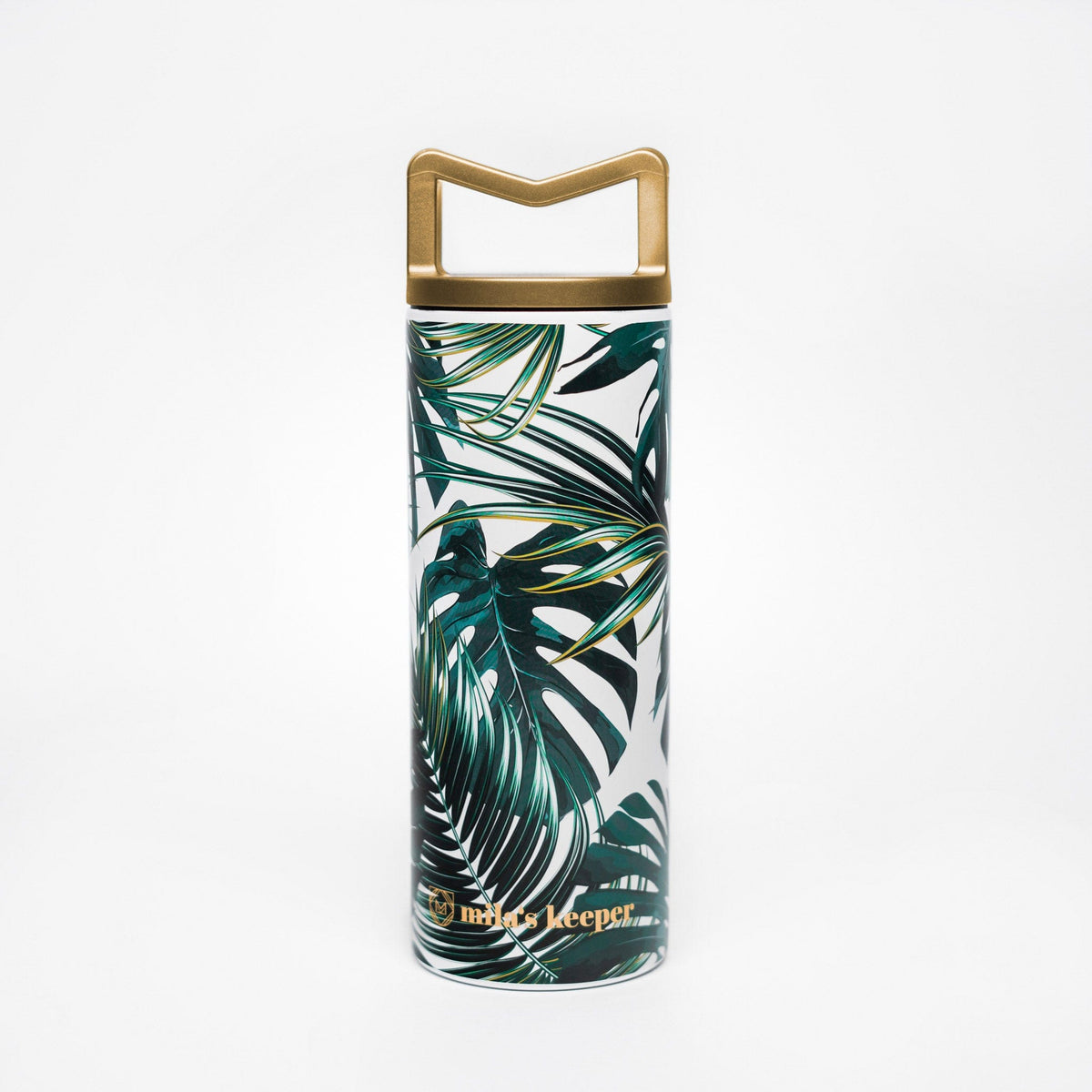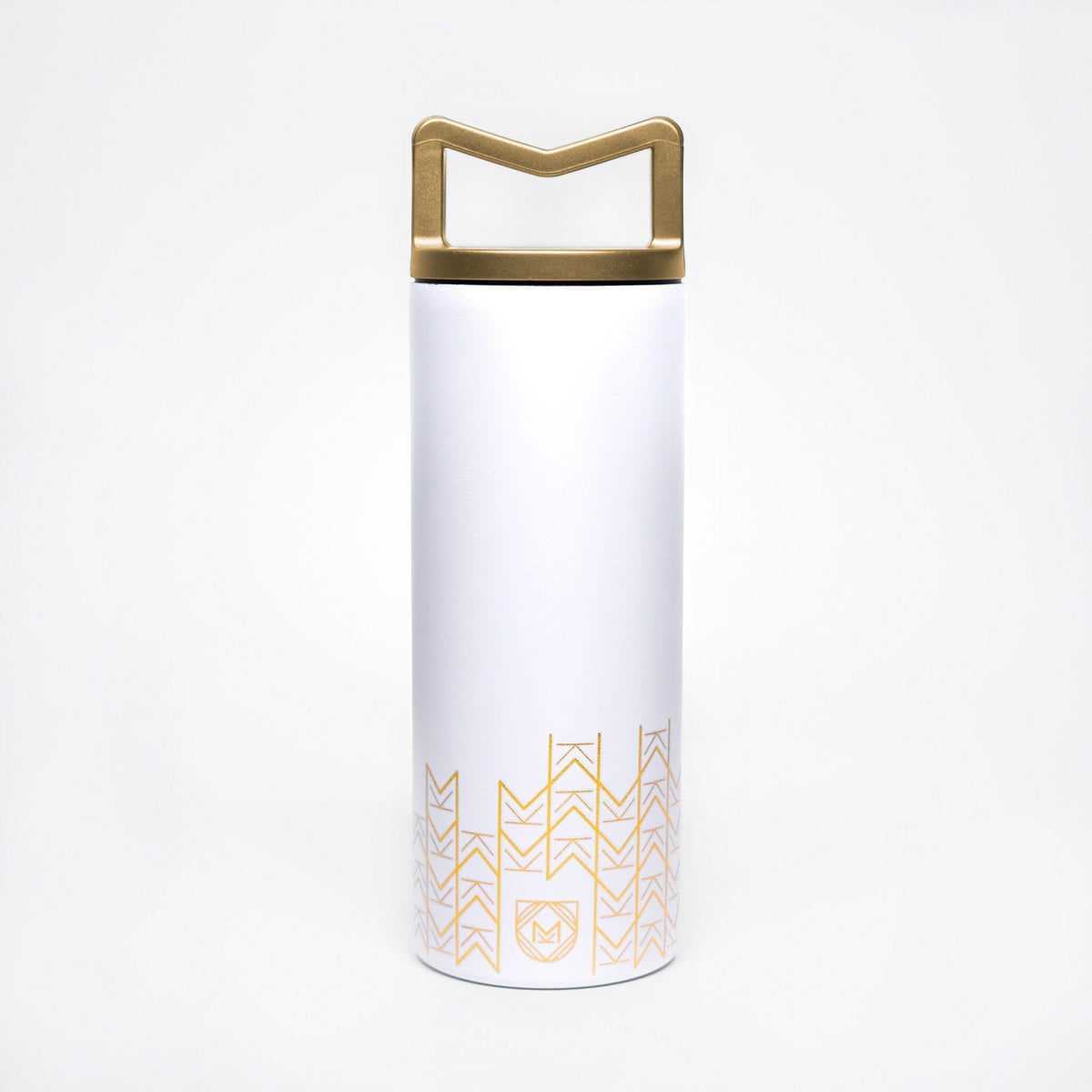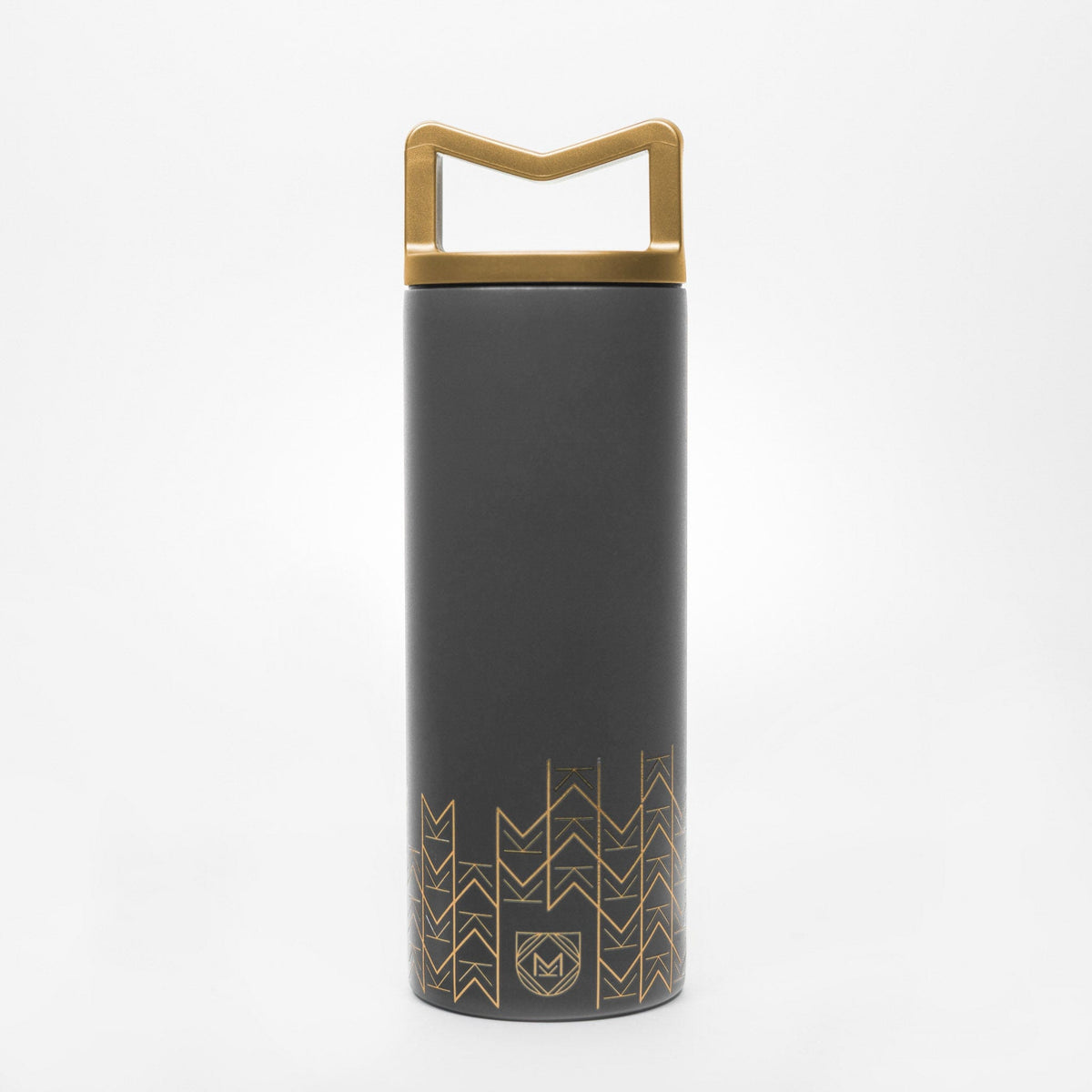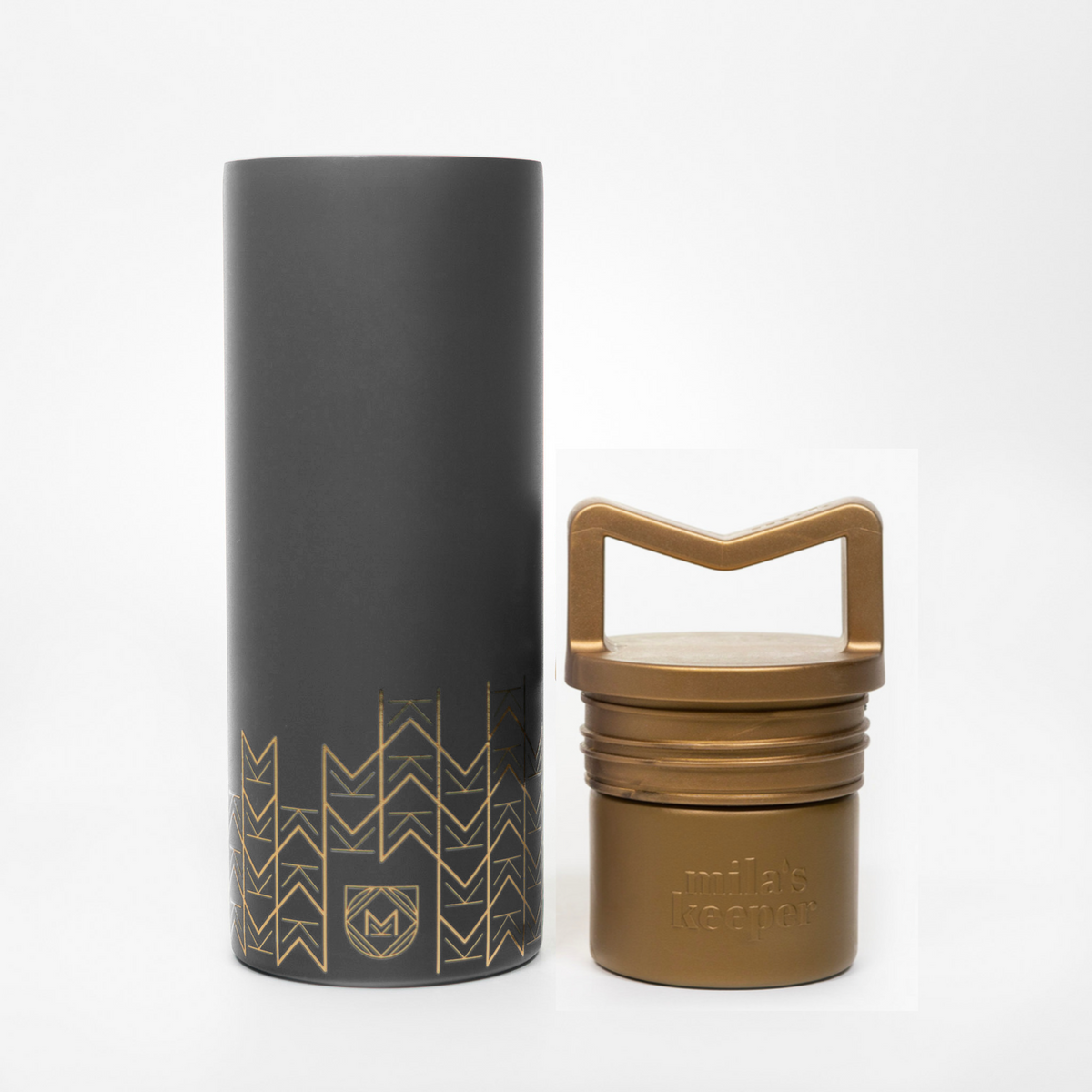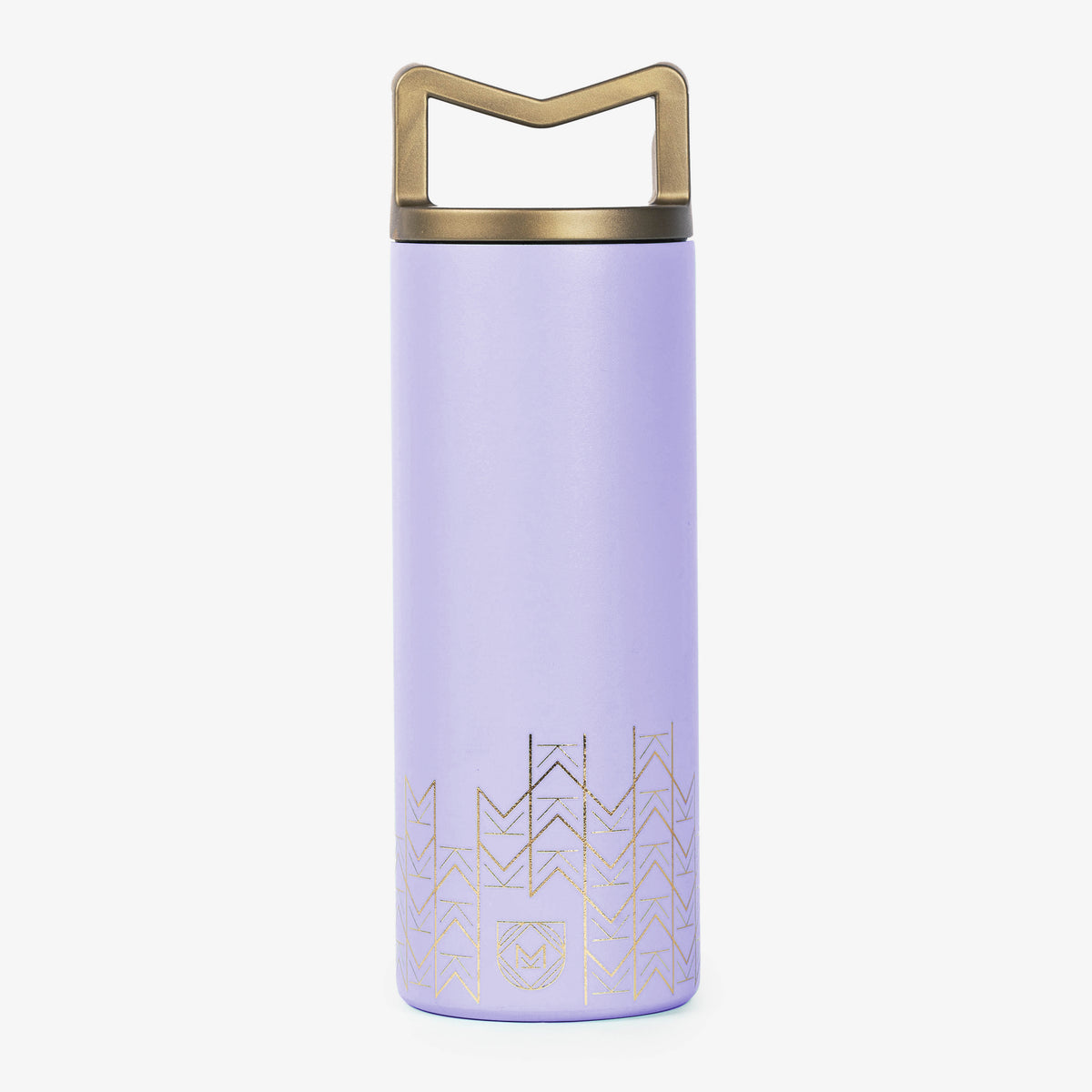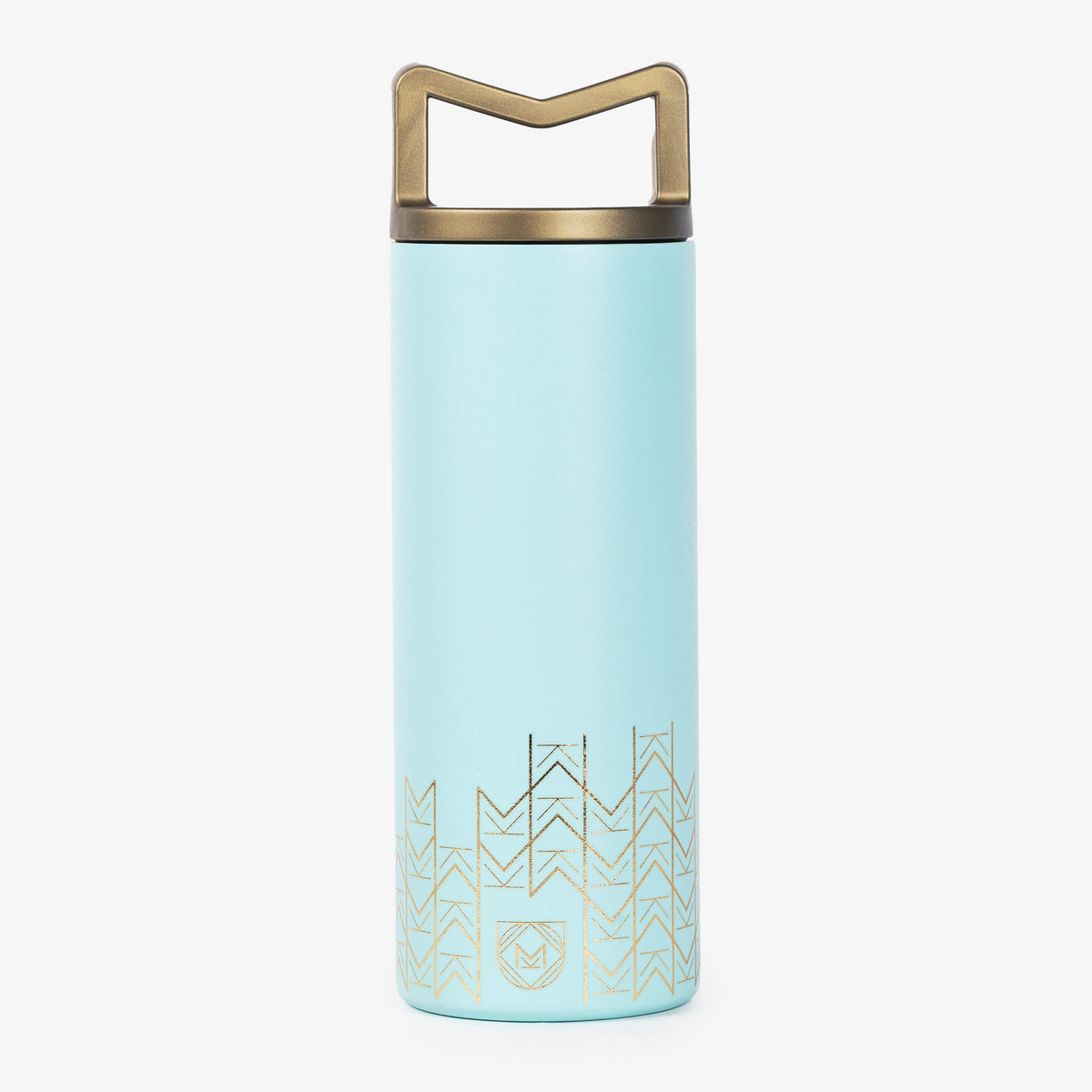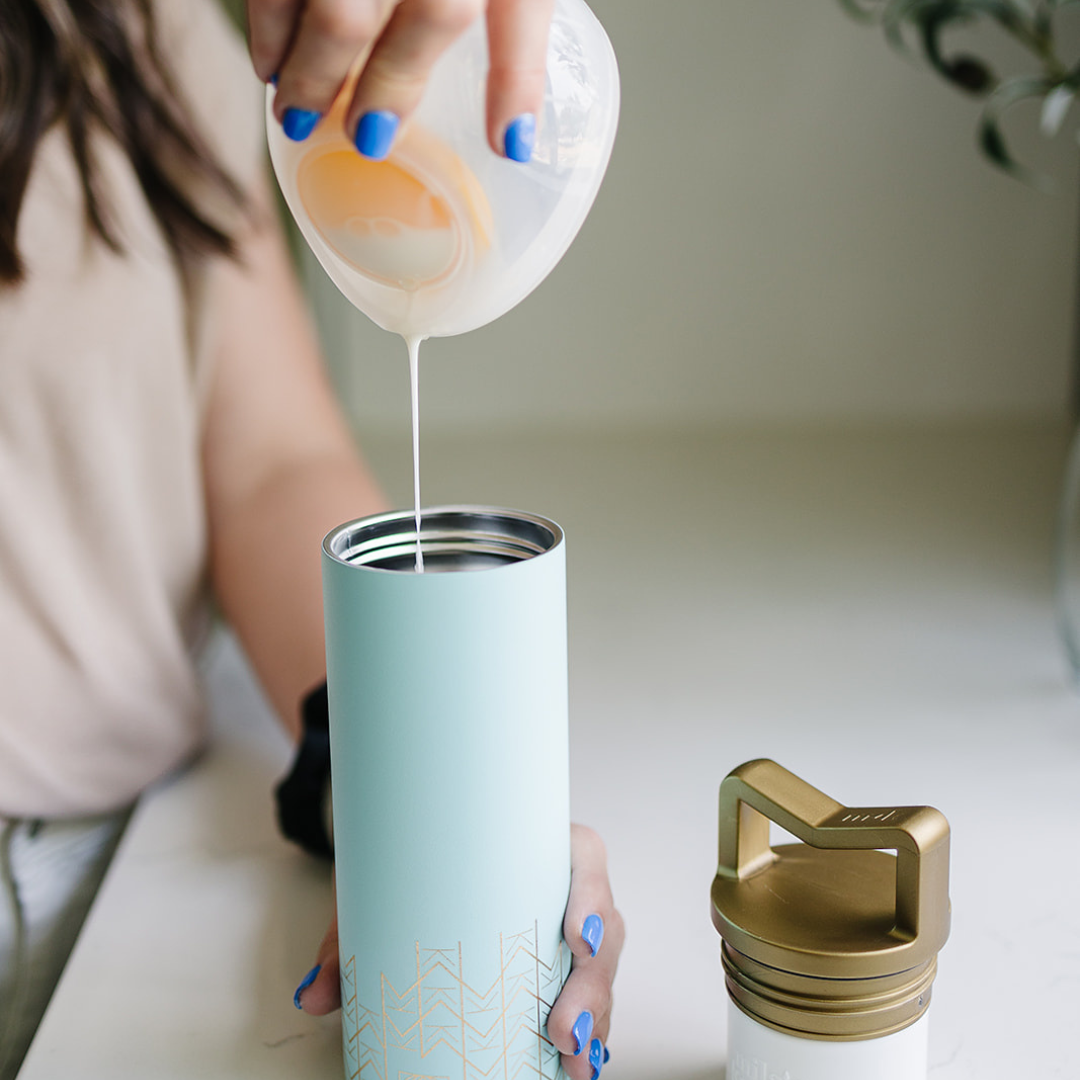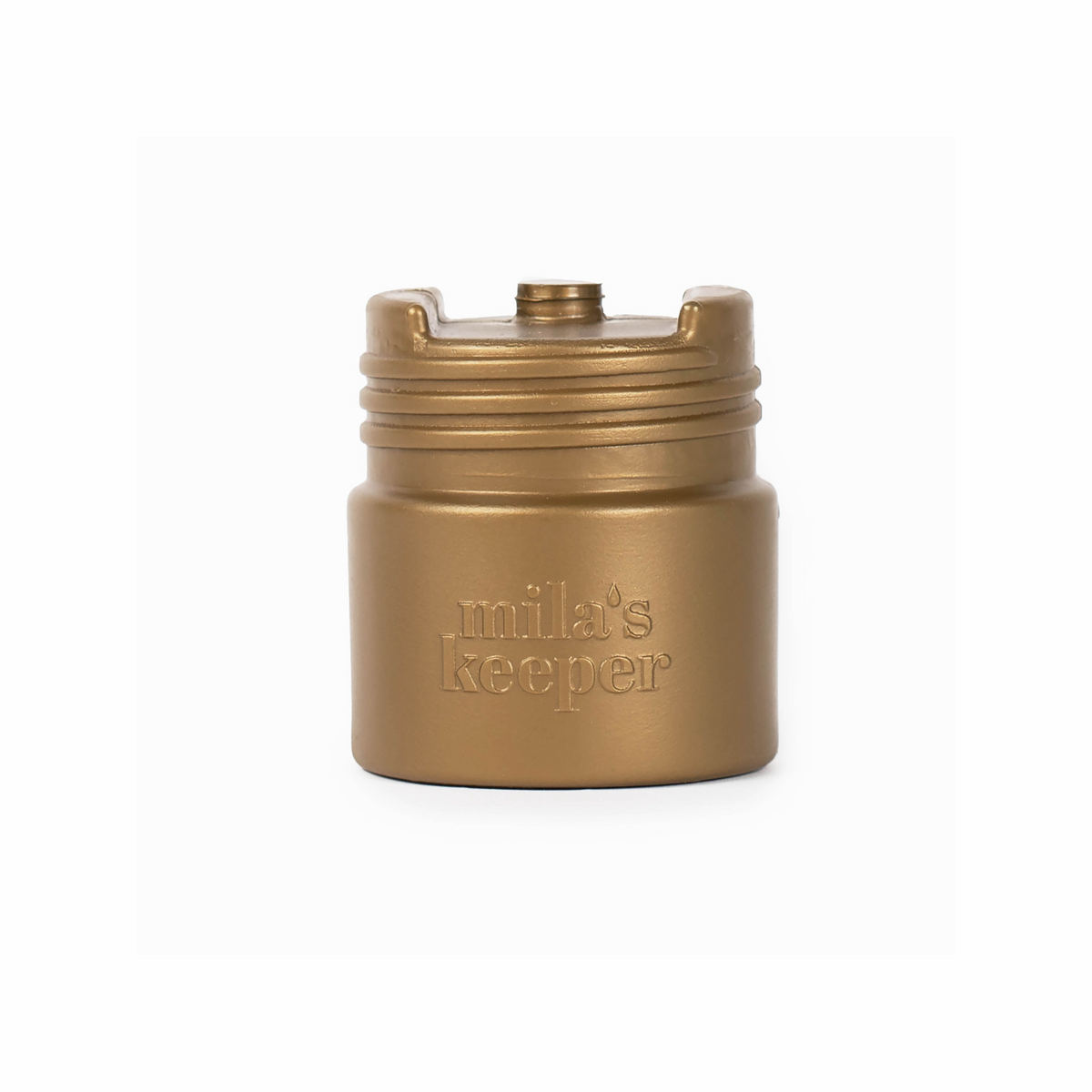Today we're diving into a topic that's important for many new moms: how to boost breast milk production. Being a mom is a beautiful journey, but as we know, it comes with its own set of challenges. One big thing is making sure you've got enough nutritious milk for your little one.
In this guide, we'll chat about breastfeeding and the role that staying hydrated and sipping on certain drinks can play in upping that milk production. We'll cover the traditional go-to beverages that many swear by, sharing stories and experiences. Plus, we'll sprinkle in some science and nutrition to back it up.
Keep in mind that what’s a game-changer for one might not do the trick for another. It's all about finding what works best for you and your little one. And of course, it's smart to chat with your healthcare provider before making any major changes to your diet or routine, especially during this important time of nurturing.
So, let's jump into this adventure together! We're here to arm you with info and options to make your breastfeeding journey the best it can be.
What to Drink to Increase Breast Milk Production: An Overview
For countless mothers, the concern of producing enough breast milk is a common one. Whether you're a first-time mom or have already embarked on this journey with previous children, understanding the factors that influence lactation and exploring natural ways to enhance milk production can provide a sense of empowerment and reassurance.
The Importance of Breast Milk for Newborns
Breast milk is a powerhouse of nutrition for newborns, delivering a perfect blend of vitamins, proteins, fats, and antibodies specifically tailored to the baby's needs. It's a vital source of essential nutrients crucial for the baby's growth, development, and immune system support. The World Health Organization (WHO) strongly recommends exclusive breastfeeding for the first six months of a child's life, highlighting the unparalleled benefits it provides.
Benefits of Increasing Milk Production for Mom and Baby
Boosting breast milk production isn't just great for the little one—it's a win for mom too! For babies, having enough breast milk means they're getting all the good stuff they need to grow, stay healthy, and ward off those pesky illnesses. Plus, it's like the superfood of baby nutrition since it's easy to digest and acts like a protective shield against infections.
Moms get some perks too! More milk means more bonding time with the baby, releasing that awesome "love hormone" called oxytocin that helps you chill out and feel close to your little one.
Why Fluid Intake Matters for Milk Production
The process of producing breast milk is a complex biological phenomenon that is influenced by various factors, one of the most crucial being maternal hydration.
The Connection Between Hydration and Milk Production
Staying adequately hydrated is fundamental for overall health, and it holds particular significance for lactating mothers. Breast milk is more than 80% water, making it vital for mamas to maintain proper hydration levels to sustain milk production. When a mother is well-hydrated, her body has the necessary resources to produce the volume of breast milk needed to nourish her child.
How Dehydration Can Negatively Impact Milk Supply
Dehydration, on the other hand, can impact breast milk production. When the body is lacking in fluids, it prioritizes essential functions like maintaining blood pressure and organ function overproducing breast milk. Consequently, inadequate hydration can lead to a decrease in milk supply, making it essential for nursing mothers to pay close attention to their fluid intake.
Tips for Staying Hydrated
Aim to consume at least eight to ten 8-ounce glasses of water per day. Keeping a water bottle handy can serve as a reminder to drink water throughout the day.
You don’t need to get all of your water intake from liquids, get some fruit and vegetables into your diet. Fruits and vegetables with high water content, such as watermelon, cucumbers, and oranges, can contribute to your overall fluid intake.
Keep an eye on your urine. A light, pale yellow urine color usually indicates good hydration. Dark yellow or amber urine may indicate the need for increased water intake.
Make it a habit to drink a glass of water before and after each breastfeeding session to ensure you're well-hydrated during this critical time.
Top Drinks to Increase Milk Supply
Ensuring a healthy and abundant milk supply is a top priority for breastfeeding mothers. Alongside a well-balanced diet and proper hydration, certain drinks have been believed to support and enhance milk production. Let's explore some of the top hydrating drinks for breastfeeding.
Water
Water is the foundation of all liquid intake and plays a vital role in maintaining overall hydration. Since breast milk is primarily composed of water, ensuring adequate hydration is essential for optimal milk production.
Recommendation: Aim to drink at least eight to ten 8-ounce glasses of water per day. Adjust this based on your individual needs, activity level, and climate.
Milk
Drinking cow's milk or fortified plant-based milk provides essential nutrients like calcium and protein, which are crucial for your overall health and indirectly influence breast milk quality.
Recommendation: Incorporate a serving of milk into your daily diet. This can vary based on dietary preferences and lactose tolerance.
Herbal Teas (e.g., fenugreek, nettle, fennel)
Certain herbal teas, including fenugreek, nettle, and fennel, have been traditionally believed to promote lactation. Fenugreek, in particular, is a common herb known for its potential lactogenic properties.
Research Evidence: Adding fenugreek to your diet (either as a tea or supplement) has been shown to increase milk production, especially in the early days of breastfeeding.
Recommendation: Enjoy a cup of herbal tea (fenugreek, nettle, or fennel) daily. Follow the instructions on the tea packaging for preparation.
Fruit Juices
Fruit juices can provide vitamins and minerals that are important for overall health. Vitamin C-rich juices may aid in the absorption of iron, a crucial nutrient for postpartum recovery.
Recommendation: Include a variety of fruit juices in your diet, ensuring they are low in added sugars. One to two servings of fresh, natural fruit juice per day can be beneficial.
Coconut Water
Coconut water is a hydrating beverage that contains electrolytes and essential minerals. It can help replenish lost fluids and maintain hydration levels. Some breastfeeding sites list coconuts as a galactagogue (substance that promotes lactation).
Recommendation: Enjoy coconut water as a hydrating beverage during the day. It can be a refreshing alternative to water, and a healthier option than sugary drinks.

More Drink Options to Increase Milk Supply
In addition to the commonly known beverages that support lactation, other drink options can potentially aid in boosting milk supply. Let's explore three noteworthy choices: almond milk, oat milk, and green smoothies.
Is almond milk good for breastfeeding? Almond milk is a plant-based alternative to cow's milk and is often chosen for its low calorie and low sugar content. It's a source of vitamins and minerals, including calcium, which is vital for bone health and indirectly contributes to overall lactation health.
Incorporation: Use almond milk as a base for smoothies or in cereals. It can also be enjoyed on its own or with a variety of healthy snacks.
Does oat milk help with lactation? Oat milk is a dairy-free option made from oats. Oats are known for their potential to support lactation due to their high iron content, beta-glucan and saponins. While scientific studies to back up this theory are limited, in at least one case, milk producing livestock that were given oats produced more milk than those not given oats. So if you ask yourself: is oat milk good for breastfeeding? There's no definitive answer, but it might be worth giving it a shot.
Incorporation: Oat milk is one of those things that seems to be a little controversial in the health world. Some people think it should be avoided due to the additives found in it, while others argue that it’s perfectly fine. If you’ve been told to incorporate oats into your diet to increase breast milk production, it’s fairly easy to make your own oat milk for breastfeeding at home for a cleaner option. Include oat milk in your morning cereal, coffee, or tea. You can also use it as a base for smoothies, adding fruits and vegetables for a nutrient-rich beverage.
Green smoothies, made from a variety of leafy greens and fruits, are a powerhouse of nutrients. Ingredients like spinach and kale are rich in vitamins and minerals, which can aid in overall health and potentially impact milk production. Throw in some papaya, which some say is another galactagogue food, for added benefits.
Incorporation: Experiment with green smoothie recipes by combining leafy greens like spinach or kale with fruits such as bananas, berries, and mangoes. Add a liquid base like water, coconut water, or even oat milk to achieve your desired consistency.
Drinks to Avoid
While focusing on drinks that can positively impact milk production is crucial, it's equally important to be mindful of beverages that can have a negative effect on lactation. Let's discuss three categories of drinks that are best avoided or limited during breastfeeding: alcohol, caffeine, and sugary drinks.
Alcohol can pass into breast milk and potentially affect your baby's motor skills and development. Additionally, it may interfere with your let-down reflex, reducing the overall milk supply temporarily.
Tips for Reducing Consumption: If you choose to consume alcohol, plan to do so after breastfeeding or pumping. Wait at least 2-3 hours per standard drink before nursing to allow the alcohol to clear from your system. Expressing milk beforehand can also help reduce the amount of alcohol in your breast milk.
Caffeine is a diuretic and can lead to dehydration. Moreover, for some, excessive caffeine consumption can make both you and your baby restless and irritable.
Tips for Reducing Consumption: Limit your daily intake of caffeine. Opt for decaffeinated coffee or tea, or gradually reduce the number of caffeinated beverages you consume. Be mindful of hidden sources of caffeine in sodas, energy drinks, and certain medications.
Sugary drinks like sodas, sweetened juices, and energy drinks are another thing that experts caution against having too much of while breastfeeding.
Tips for Reducing Consumption: Choose natural, unsweetened juices or better yet, consume whole fruits for their fiber content and natural sugars. Opt for water, herbal teas, or infused water with fruits and herbs for a healthier and hydrating alternative.
Other Ways to Increase Milk Supply
In addition to carefully chosen drinks, there are several other strategies that can aid in enhancing milk production. Let's explore these methods and understand how each can support breastfeeding and potentially increase milk supply.
Breastfeeding Frequently and on Demand
The principle of supply and demand is key in breastfeeding. The more you nurse, the more signals your body receives to produce milk. Frequent and on-demand feeding stimulates the breasts to produce milk to meet your baby's needs.
Studies have shown that frequent breastfeeding sessions, especially in the early postpartum period, can significantly impact milk production and help establish a robust milk supply.
Respond promptly to your baby's hunger cues, and aim to nurse at least every 2-3 hours during the day and night. If you’re pumping, use breast milk storage bottles and coolers to help you pump on the go if you have to do it frequently.
Using Breast Compression and Massage Techniques
Breast compression and massage can help maximize the flow of milk during a feeding, ensuring that your baby is effectively emptying the breast. This can signal your body to produce more milk.
While specific research on breast compression and massage is limited, lactation consultants often recommend these techniques to enhance milk transfer during breastfeeding.
During a feeding, gently compress your breast as your baby feeds to encourage continuous milk flow. You can also massage your breast in a circular motion before or during a feeding to help with let-down.
Getting Enough Rest and Reducing Stress
Rest and stress reduction are essential for overall well-being, which directly impacts milk production. When you're well-rested and relaxed, your body can focus on milk synthesis more effectively.
Studies have shown a correlation between maternal stress levels and milk production. High stress levels can potentially reduce milk supply.
Prioritize self-care and sleep whenever possible. Enlist the help of a support system to share responsibilities, allowing you to rest and relax. Practice stress-reducing techniques like deep breathing, meditation, or gentle exercises.
Eating a Healthy, Balanced Diet
We should always strive to eat a healthy diet, but a nutritious diet is especially important when you’re breastfeeding. A healthy, balanced diet provides your body with the necessary nutrients to produce breast milk of high quality and in sufficient quantity.
While specific foods' direct impact on milk supply is still an area of ongoing research, a well-balanced diet is universally recognized as crucial for a breastfeeding mama’s health and milk production.
Work on consuming a diet rich in fruits, vegetables, whole grains, lean proteins, and healthy fats.
Can I Eat Watermelon While Breastfeeding?
The foods you eat can also help you stay hydrated. Watermelon is one of the most hydrating fruits. Also great are berries, cantaloupe, pineapple, pears, and cucumbers.
Safely Store & Transport Milk with Mila’s Keeper
In the beautiful journey of motherhood, ensuring ample breast milk is a top concern. This guide has delved into vital aspects of breastfeeding, emphasizing hydration's pivotal role and exploring drinks that can boost milk production.
Every mother's journey is unique, necessitating individualized approaches. Prioritize hydration and adopt a balanced diet to include foods and beverages that may have lactogenic properties that could potentially support milk production. Breastfeed frequently, practice breast compression, manage stress, and maintain a wholesome diet.
Together, let's empower mothers with knowledge and options, enhancing this nurturing experience for both mother and child. Happy breastfeeding!
Keep Reading related blog: How Much Water Should You Drink While Breastfeeding?
A female-designed and female-run company, Mila's Keeper is on a mission to empower women to thrive during their breastfeeding journey by offering reusable, eco-friendly breast milk storage solutions for their day-to-day needs. Get the latest tips and info on Mila's Keeper products by following us on Facebook, Twitter, Instagram, Pinterest, and LinkedIn.

